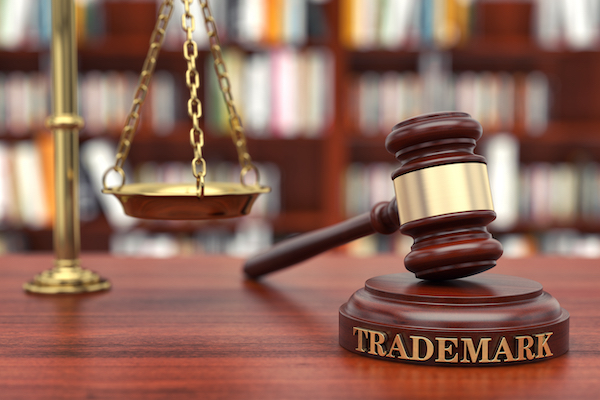SCOTUS will consider First Amendment right to trademark 'Trump too small' without Trump's consent

Image from Shutterstock.
The U.S. Supreme Court has agreed to consider whether the First Amendment was violated when the U.S. Patent and Trademark Office refused to register a trademark for the slogan “Trump too small.”
At issue is a provision of the Lanham Act that bars trademarks with the name of a living person—unless the person consents, report Law.com, SCOTUSblog and the Washington Post.
The trademark applicant, Steve Elster, wanted to register the “Trump too small” trademark for T-shirts and hats, Elster’s lawyers said in a brief opposing the cert grant.
“The mark criticizes [former President Donald] Trump by using a double entendre, invoking a memorable exchange from a Republican presidential primary debate while also expressing Elster’s view about ‘the smallness of Donald Trump’s overall approach to governing as president of the United States,’” the brief said.
Trump had addressed the size of his hands after then-opponent and Republican Sen. Marco Rubio of Florida grew tired of Trump calling him “Little Marco.”
On the campaign trial, Rubio said Trump had small hands for his height, “and you know what they say about guys with small hands,” according to coverage at the time in 2016 by NBC News. After a pause, Rubio explained, “You can’t trust ’em.”
During the debate, Trump said Rubio had referred to the size of his hands while suggesting that, if they are small, “something else must be small,” according to past coverage by CNN. “I guarantee you there’s no problem. I guarantee,” Trump said.
U.S. Solicitor General Elizabeth Prelogar had asked the Supreme Court to grant cert and overturn a February 2022 decision by the U.S. Court of Appeals for the Federal Circuit. The appeals court had ruled that the Patent and Trademark Office could not constitutionally ban trademarks with individual names that criticize a government official or a public figure.
Elster’s “unquestioned First Amendment right to criticize the former president does not entitle him to enhanced mechanisms for enforcing property rights in another person’s name,” Prelogar wrote.
The Supreme Court granted cert Monday.
The case is Vidal v. Elster.
The SCOTUSblog case page is here.



